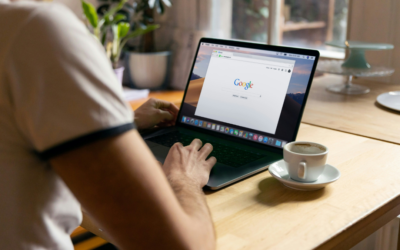Cybersecurity threats increase by a third during the COVID-19 pandemic
Amidst the COVID-19 pandemic, many organized crime groups have begun taking advantage of the challenging circumstances to target individuals and businesses. Unfortunately, this includes an increase in cybercrime activities. According to security firm Mimecast, spam and opportunistic detections increased by 26.3% between January and March. Furthermore, impersonation was up by 30.3%, malware by 35.16% and the blocking of URL clicks by 55.8%. Overall, cybersecurity threat detections were up by a third.
The main threat
Employees should be suspicious of emails from senders they do not know— especially if the email asks them to open links or files. Phishing messages will try to create an impression of urgency in order to pressure individuals into clicking on the attachments. These malicious emails can be faked by mimicking addresses that seem to match credible sources, such as the US Center for Disease Control, the World Health Organization and others. Clicking on these links or attachments can infect users with malware, putting their personal information and data at risk.
An email may be suspect when:
- The message has poor grammar, punctuation and spelling
- The message is not addressed to you by name, but uses general terms such as “Dear customer” or “Dear colleague”
- It has a sense of urgency
- It asks for personal information
- It includes a link or attachment
Reduce your risk
Moving at short notice from an office environment to a remote location can create several cybersecurity risks, including the use of personal devices for business, viewing sensitive information with a public Wi-Fi connection and more. Many cyber criminals are aware of these recent changes and will abuse the circumstances for their advantage. We have compiled a list of necessary steps to take in order to reduce the risk to your organization during COVID-19.
Top tips:
- Inform your team about the heightened risk of coronavirus themed phishing attacks
- Ensure your Wi-Fi connection is secure
- Provide remote workers with advice on how to protect their data, such as avoiding public Wi-Fi connections, avoiding the use of personal devices for work, encryption tips and more
- Set up strong passwords and two-factor authentication ensure that all company-provided laptops have updated anti-virus and firewall software
- Back-up important files regularly
- Define a clear set of procedures to follow in case of a security incident
- Provide adequate support for your team. Encouraging good communication is incredibly important to ensure that your employees have somewhere to turn to for more information
The coronavirus has proven to be an extremely disruptive event, forcing many organizations to rethink how, when, and where work is performed. As such, staying safe and secure is more important now than ever. For more cybersecurity tips, check out our previous blog on how to protect yourself online.




